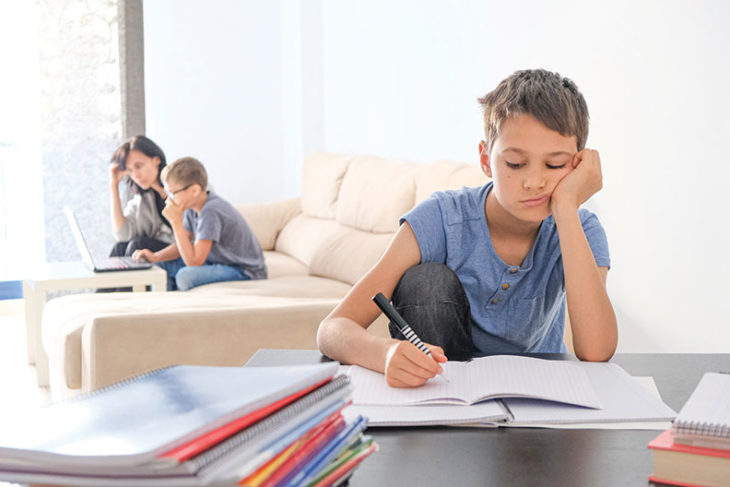By Jessica Lopez
The “summer slide” is usually a worry for teachers and parents alike — and a legitimate one in the age of Netflix, Amazon Prime, and Hulu bingefests.
Then 2020 arrived, and all of our concerns were magnified in light of COVID-19.
Schools across Mississippi are responding to the pandemic in various ways. With classrooms closed, you may worry that your child will experience a slide of some sort and be negatively impacted. However, taking some practical steps can help alleviate your concerns.
THE FOUNDATION: PRIORITIZE READING AND WRITING
When polled informally about summer activities that could improve class performance, several of my Gulfport High School colleagues agreed: Grade-level reading is at the core of academic success.
One replied: “READ! … Read a real book with plot, characters and vocabulary.”
Another responded: “Read opposing viewpoints on issues (and) determine which side makes a better argument.” In addition to reading, you may want to encourage your children to write in response to something — whether it was read, heard or observed.
Finally, talk to them about what they’ve read, heard or observed. Verbal processing promotes social skills and often helps a student organize written responses.
All disciplines require reading and writing skills for a child to succeed in both the classroom and on state assessments. That’s not just a gut response; research supports the power of reading and writing on performance and executive functions.
According to a study in the Journal of Education and Psychological Consultation, achievements in reading and writing were directly linked with an increase in those practices at home (2018). Additionally, students saw a decrease in impulsivity and hyperactivity.
HELPFUL WEBSITES
Edutopia focuses on innovations in education and quality student engagement. The topic index page includes subjects like social and emotional learning, family engagement and open education resources: Edutopia.org.
Khan Academy has expanded its resources to include schedules for students to continue learning through the pandemic and summer and offers daily schedules for school closures, as well as free test-prep content: khanacademy.org.
TED Talks feature topics as diverse as driverless cars and augmented reality. TED-Ed provides academic lessons tied to the videos and helps promote deeper thinking about selected presentations: ted.com/talks and ed.ted.com.
BUILD CROSS-CURRICULAR SKILLS: COMPLETE A “PASSION PROJECT”
Another teacher advised doing something “academic” every day. What does that look like? It may be encouraging your child to complete a “passion project” — conducting research and developing plans centered on what piques his or her interest. A simple internet search will produce ideas for early elementary age through adulthood.
Speaking of adulthood, work on your own “passion project” with your child to enrich the experience even further. Completing a project helps students with skills ranging from reading to math, depending on the chosen topic. Who knows? Your child may just come up with an incredible invention to pitch on the next season of “Shark Tank.”
ADD IT UP: INCLUDE MATH IN YOUR SUMMER ACTIVITIES
The Harvard Graduate School of Education published an article in 2016 aimed at helping parents avoid math skills loss over summer, which includes practical tips. One suggestion is to incorporate math in everyday activities — splitting or multiplying a recipe, figuring out a discount price at a store or discussing sports statistics.
In short, being intentional with scheduling and activities can help slow the summer — and possible coronavirus — slide significantly and help boost your child’s academic and social performance.
Jessica Lopez is a 10th grade English/language arts teacher at Gulfport High School. Reach her at jessica.lopez@gulfportschools.org.


